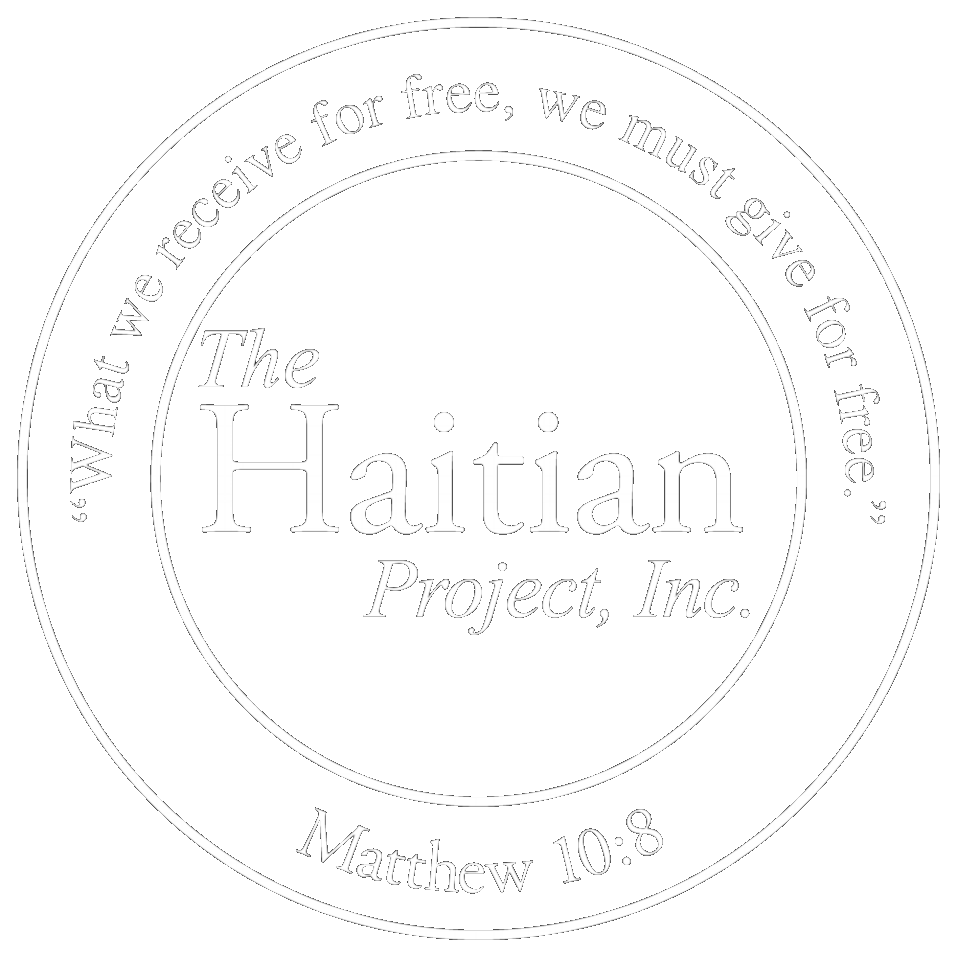Like all of us here at The Haitian Project (THP), you have probably read or heard about the most recent UN report of climate change, warning of dire consequences as early as 2040 if the global community fails to take decisive action. We have also been watching with interest the bold efforts of Boyan Slat, who at just 24 years old is hoping to rid our oceans of plastic. (The Great Pacific Garbage Patch has an estimated 1.8 trillion pieces of plastic in it and takes up an area that is twice the size of Texas!)
Over three decades of work in a country that lacks the infrastructure and capacity to properly dispose of its trash has formed our own perspective: caring for the environment is a critical issue with two pieces of the puzzle—cleaning it up and developing upstream solutions that prevent pollution from occurring in the first place.
While Mr. Slat and others work diligently to clean up the mess we have made, at Louverture Cleary School (LCS) we continue to be very conscious about keeping pollution from getting in the oceans and air in the first place.
An excerpt from Pope Francis' encyclical Laudato Si', which appeals to all people for the care of our common home, decorates the recycling area of the trash management center at Louverture Cleary School.
Education is Always the Upstream Solution
Education is always the upstream solution, and in the case of caring for the environment, we can see why. Teaching future generations about environmental stewardship and equipping them with the skills and capacity to act on those values is paramount.
In a country where there is no infrastructure to support a sanitation system—no sewer lines, no garbage pickup, and no recycling centers—students, staff and Volunteers together have been composting, burning, recycling and burying every piece of trash that has been found on the campus. LCS is also completely solar sufficient and has its own septic system.
Students divide their garbage into drums: to compost, to burn, and to recycle. The drums are then distributed in the appropriate areas: the incinerator, the compost, and the recycling center.
Having participated in LCS’ environmental stewardship programs, LCS students and alumni take what they learn at the school and bring it into their own homes and communities.
LCS Philo (US 12th grade +1) student Guerlens T. reflects on his favorite environmental practices at LCS:
I like the incinerator and the compost. The incinerator helps us remove our trash from LCS. The ash from the incinerator helps the compost. The compost helps the growing of the plants. These two environmental practices at LCS change our trash into treasures. In this way, and others, LCS makes gold for the community and the country.
LCS Secondaire (US 10th grade) student Loudjine P. wants to see more places around Haiti adopt a system like at LCS:
My favorite environmental practice at LCS is recycling, because I like when I am putting things in their assigned places and turning disorder into order. I don’t know other of any other places in Haiti that do clean up, recycling, and management like at LCS, but hopefully there will be.


